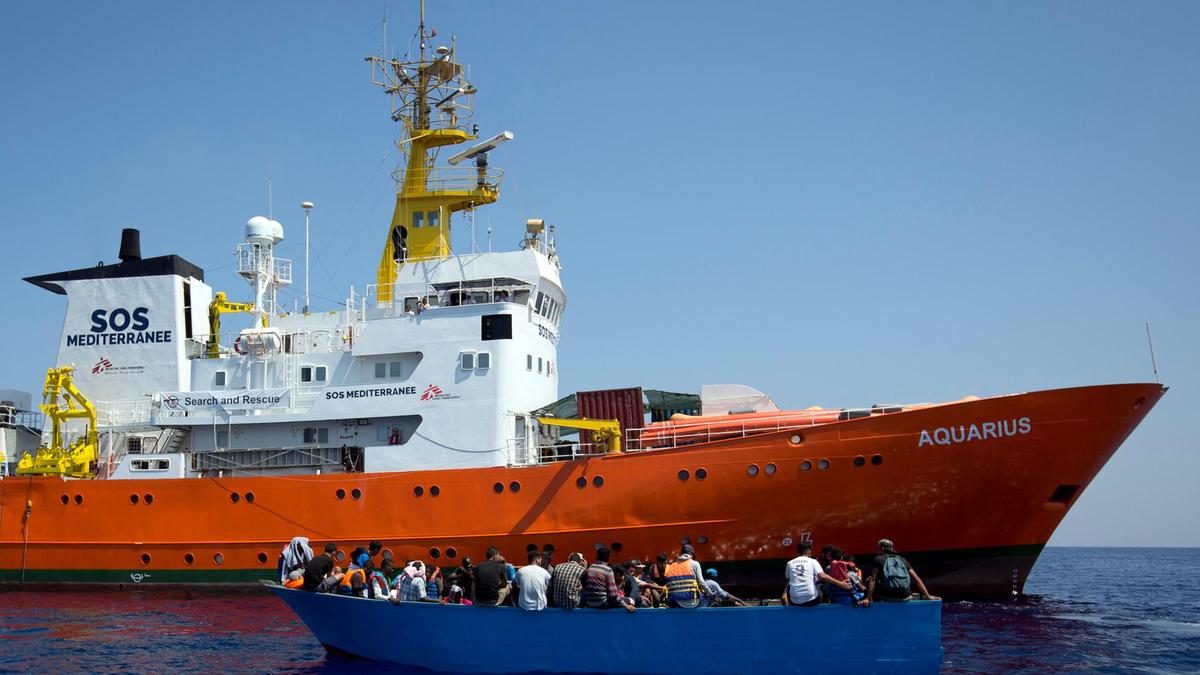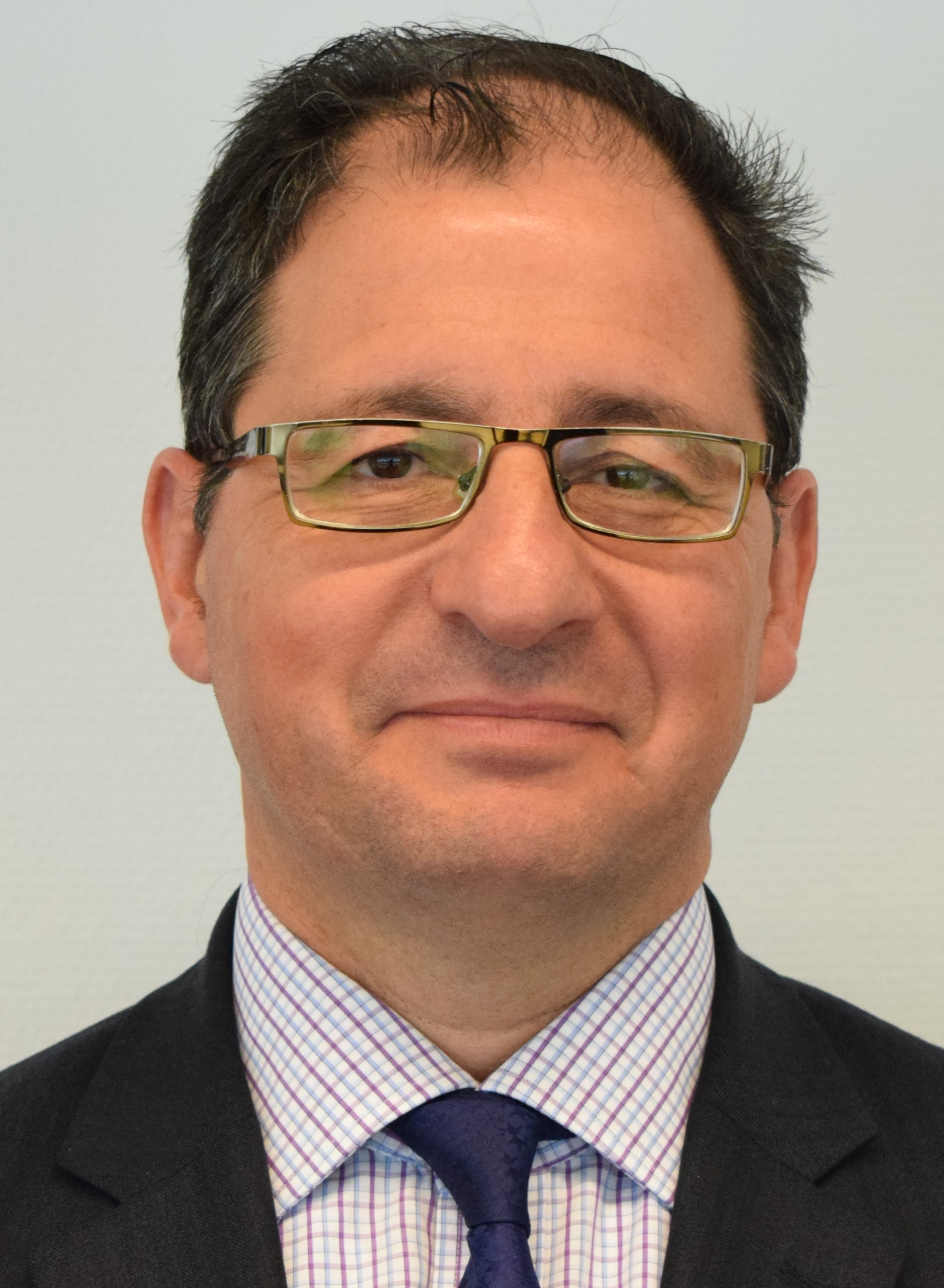“The EU is not capable of addressing the immigration crisis” – Professor Stephen Calleya

“The EU is not capable of addressing the immigration crisis” – Professor Stephen Calleya
“The European Union is not capable of addressing the crisis of illegal immigration. I hope that the incident with the Aquarius forces the European Union to wake up and address the crisis so that we do not have to face similar ridiculous situations. This is to avoid needless suffering by those who are crying out for a better life”.
This was stated by Professor Stephen Calleya, the Director of the Mediterranean Academy of Diplomatic Studies (MEDAC), in reaction to the saga of the migrant aid vessel Aquarius, that ended up making the news on the 9 June when it was stranded in international waters outside the coasts of Italy and Malta and was not allowed to enter any of the two countries’ ports.
The vessel, operated by Doctors Without Borders, had approximately 630 immigrants on board, among them 123 unaccompanied minors, 11 children and 6 pregnant women.
Doctors Without Borders had appealed to both Malta and Italy to reconsider their refusal and allow the immigrants to land. They would then be given secure passage using other transport means to Spain which had responded to the precarious situation by offering a secure port to the vessel.
In an interview with Voice of the Workers, Professor Stephen Calleya explained that this case has highlighted the sorry state the European Union is in and the serious lack of leadership within all its constituent institutions. “It appears that the EU institutions in general are showing a lack of interest in any issue that has to do with the Mediterranean”, said Professor Calleya, who added that “much is being said, there is a great deal of posing for photographs but when it comes to the effectiveness of the European Union, things are going wrong”.
He said that this incident evolved in a way that put Italy and Malta in the limelight. He said that it is a pity that the phenomenon of immigration in the Mediterranean has been allowed to grow in this way because it has been with us for a number of years. As Malta and Italy are strategically placed for immigrants seeking a better future, the issue always revolves around which country is going to assume responsibility, given that there is no collective commitment within Europe.
Professor Calleya said that we have now reached a point where diplomatic relations (not only between Malta and Italy but among all the European countries) have become sensitive and complicated. “At the end of the day I expected that the countries, especially those in the European Union, would come up with common initiatives to address these issues”, said Professor Calleya.
Asked whether the Maltese Government had acted in line with International Law, Professor Calleya replied that it had. He added that, as things stand, within the European Union the immigrants are distributed according to the Dublin Convention, that is, they are taken to the nearest port, which “in my opinion is ridiculous but that is what the Law says”. Therefore, the nearest port has the duty to assume responsibility and, in this case, that responsibility fell to Italy. “In legal terms, Malta acted according to the law but in other terms there was room for interpretation … objectively we talk in legal terms and according to the rule of law”, said Professor Calleya.
In the meantime on the 12 June in Palermo, Sicily, 20 regional members of the Movimento Cinque Stelle walked out of the regional parliament session during an address by the President of Malta Marie Louise Coleiro Preca. The members of the Movimento Cinque Stelle said that they walked out of Parliament in protest against Malta’s position on the migrants’ issue.
Professur Stephen Calleya commented that this incident highlights how ignorant these deputies are. “Everyone is entitled to their opinion … but, as I see it, their action was nothing but an expression of ignorance”, said Professur Calleya.

On the situation of immigration in the Mediterranean, Professur Calleya said that it was evident that this phenomenon was here to stay and he continued to emphasise the utter ineffectuality of the European Union, which, has discussed the immigration issue over and over without coming up with adequate solutions that yield results.
He referred to past discussions which yielded a number of proposals particularly the proposal that different countries accept a number of immigrants so that the situation could be better controlled. Malta had, in fact, long been doing this. “It makes absolutely no sense that there is no common commitment among the member states to share the burden,” said Professor Calleya.
According to the Director of MEDAC, “the incident of the immigrants aboard the Aquarius will not be the only one this summer as, unfortunately, we can expect to see similar incidents as people will continue to be trafficked by illegally organised groups”.
Professor Calleya ended by saying that if things continue as they are, more and more European citizens will lose not only their faith but also their interest in the European Union. Consequently, European citizens will end up voting for alternative, or populist, parties rather than traditional ones in the European elections.
